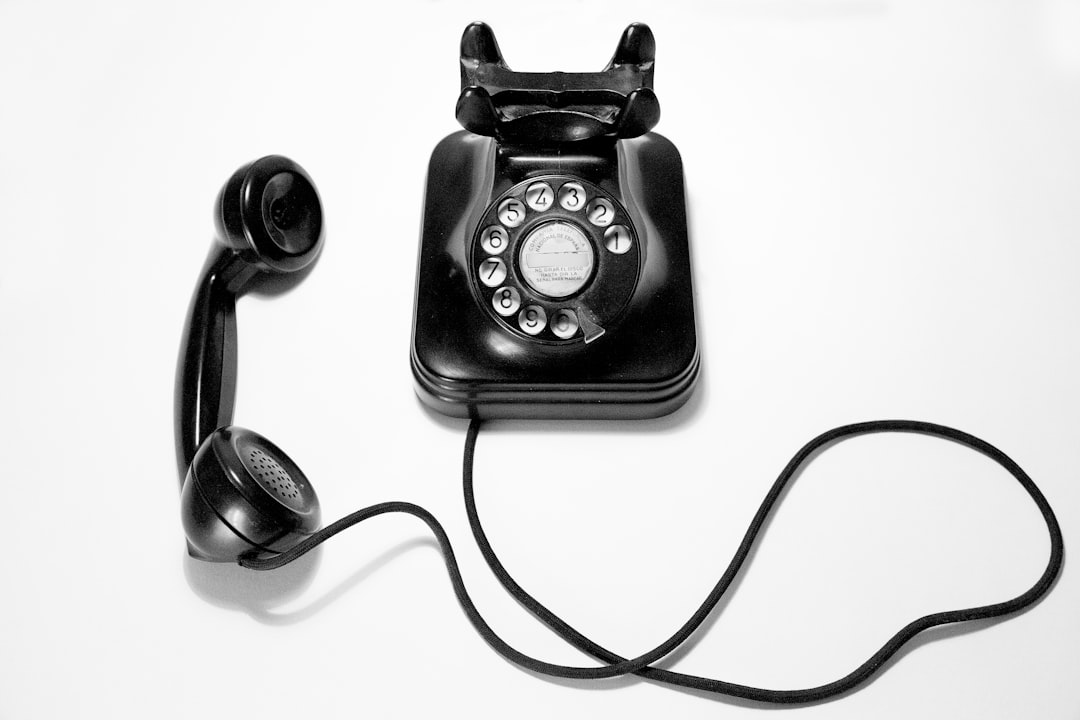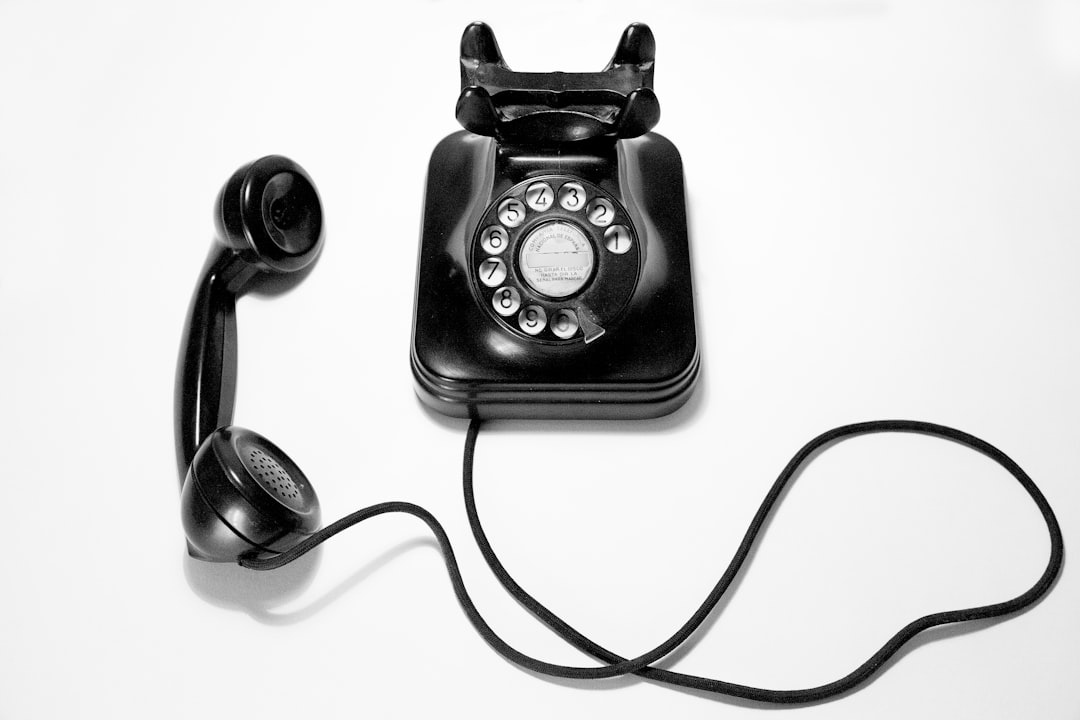Advanced technology has led to a rise in performance scams targeting arts events like the White Lake Festival. Scammers use robocalls and spam texts, but festival organizers are educated and provide guidelines to protect attendees. Legal action is possible under laws like the Telephone Consumer Protection Act (TCPA) in Michigan, where spam call lawyers can help victims understand their rights and seek compensation for unwanted calls. Festivals take these threats seriously, employing legal strategies to combat robocalls and build trust with guests. If you've received suspicious calls related to festivals, consult a qualified lawyer specializing in TCPA cases in Michigan to protect your consumer rights.
The White Lake Chamber Music Festival is a beloved cultural event, but like many popular gatherings, it’s not immune to performance scams. This introduction explores how these deceptive practices impact festival-goers and the legal avenues available to protect them. From understanding common scams to knowing your rights under Michigan’s spam call laws and the Telephone Consumer Protection Act (TCPA), this article equips attendees with knowledge to avoid and combat unwanted robocalls, ensuring a seamless festival experience. Discover your options when considering legal action against spam call law firms in Michigan and find the right lawyer for your case.
Understanding Performance Scams at White Lake Festival

Performance scams have become a growing concern in the world of arts and culture, including chamber music festivals like Whitehall’s White Lake Festival. With the rise of technology, scammers exploit event organizers’ reliance on online promotion by making use of robocalls, spam texts, and other deceptive tactics to lure attendees. These scams often claim that registration or ticket purchases are required immediately, threatening limited availability or even promising exclusive experiences to pressure victims into quick decisions.
At White Lake Festival, organizers take these scams seriously, implementing robust measures to protect both the festival and its patrons. They educate the community about common scamming techniques and provide clear guidelines for legitimate communication channels. If you’ve received a suspicious call or message related to the festival, remember that official communications are typically sent through verified email addresses or direct messaging platforms. For those considering legal action against scammers, it’s worth noting that laws like the Telephone Consumer Protection Act (TCPA) offer protection against unwanted robocalls and text messages in Michigan. Experienced spam call lawyers and law firms in Michigan can guide victims on their rights and potential courses of action.
Legal Rights for Festival Attendees: Can You Sue?

Attendees of the Whitehall’s White Lake Chamber Music Festival have certain legal rights when it comes to protection from performance scams and unwanted robocalls. If you’ve received spam calls or faced any deceptive practices related to festival tickets, you may be entitled to take action. The Telephone Consumer Protection Act (TCPA) is a federal law in the United States that restricts telemarketers’ ability to make automated phone calls without prior consent. If your number was added to a call list without permission, or if the calls were persistent and caused harassment, you can seek legal recourse.
In Michigan, a Spam Call law firm or lawyer specializing in TCPA cases can help you understand your rights and potential remedies, which may include monetary damages for each violation. You might be able to sue for robocalls made in relation to the festival, especially if these calls were unwanted and caused distress. Don’t hesitate to gather evidence of the calls, such as call logs or recordings, as they can be crucial in supporting your case.
The Role of TCPA in Protecting Consumers from Robocalls

The Telephone Consumer Protection Act (TCPA) plays a pivotal role in safeguarding consumers from unwanted robocalls and spam calls in Michigan. This federal law, established to protect individuals’ privacy and autonomy, imposes strict regulations on telemarketers and automated calling systems. By making it illegal for businesses to make unsolicited calls using automatic dialing equipment or prerecorded messages, the TCPA empowers residents of Michigan to take legal action against violators.
If you’ve received incessant robocalls or spam calls, you may have grounds to sue under the TCPA. A reputable Spam Call law firm or lawyer specializing in TCPA cases in Michigan can guide you through the process. They can help determine if a violation has occurred and advise on the potential for compensation. Understanding your rights under this spam call law is essential, especially when considering whether to take legal action against the perpetrators who attempt to invade your personal space with unwanted calls.
Michigan's Spam Call Laws and Their Impact on Music Festivals

Michigan’s strict spam call laws play a pivotal role in protecting festival organizers and attendees from unwanted robocalls. The state’s legislation, particularly targeting telemarketing practices, has a significant impact on how music festivals operate, especially when it comes to marketing and ticket sales. With the rise of automated phone systems used for mass communication, festivals must adhere to these laws to ensure they don’t fall victim to spamming scams.
Organizers of the Whitehall’s White Lake Chamber Music Festival take these regulations seriously. They employ legal strategies to combat robocalls, ensuring their marketing efforts remain compliant with Michigan’s Spam Call Laws. By engaging a reputable spam call law firm or hiring in-house legal counsel specialized in the Telephone Consumer Protection Act (TCPA), festivals can protect themselves from potential lawsuits and maintain a positive relationship with attendees. This proactive approach not only saves businesses from financial losses but also fosters trust among guests, creating a safer and more enjoyable festival experience.
Navigating Legal Action: Finding the Right Lawyer for Your Case

When considering legal action against a company making unwanted robocalls or spam calls in Michigan, it’s crucial to find a qualified lawyer who specializes in this area. Many law firms now cater specifically to cases involving the Telephone Consumer Protection Act (TCPA) and can guide you through the process of suing for robocalls in Michigan.
A Spam call law firm Michigan or a lawyer specializing in TCPA laws can help determine if your case is valid, assess potential damages, and navigate the legal system effectively. These professionals understand the complexities of such cases and can represent you in court or negotiate settlements on your behalf. Don’t hesitate to reach out; with the right legal support, you can combat performance scams and protect your rights as a consumer.






